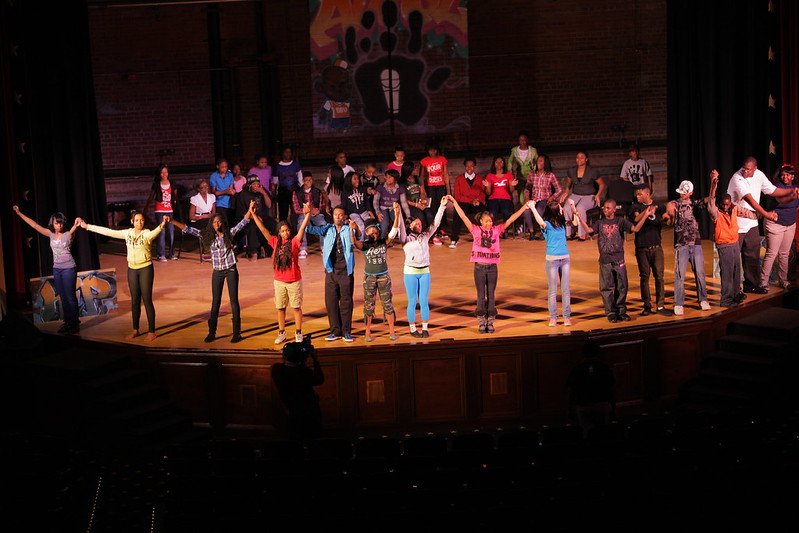Non-profit Capacity Building: A Critical Step Toward NPO Longevity
Tony and I on a capacity building trip to San Francisco to visit and learn from a successful youth programs, Bay Area Video Coalition. Circa 2006
As the CEO of Social Architect, LLC, a nonprofit grant writing and capacity-building firm, we bring a unique perspective to the table—one forged through personal experience as the founders and chief executives of a highly successful nonprofit youth development organization, AWOL All Walks of Life, Inc. Unlike running any business, managing a nonprofit requires a blend of passion and business acumen, often overlooked in the pursuit of goodwill. Having navigated the complexities of nonprofit leadership firsthand, I understand the pivotal role that proper fund management, board governance, and fundraising expertise play in organizational success.
Our journey began with a pivotal federal grant opportunity offered by the Bush Administration's Compassion Capital Fund, which provided over $90,000 to lay the foundation of our budding nonprofit. The general purpose of the Compassion Capital Fund was to expand and strengthen the capacity of faith- and community-based non-profit organizations to provide social services in low-income communities. With these funds, we prioritized board training and financial management, enlisting the expertise of nonprofit consultants and financial professionals to ensure our organization's sustainability. Through strategic investments in capacity building, we not only secured our operational framework but also transformed the lives of at-risk youth in our community. Our commitment to learning from established organizations led us to seek program design assistance from the Bay Area Video Coalition—a testament to the importance of leveraging existing expertise.
AWOL, Inc.-Federal Nonprofit Capacity Building Grant, 2006
Receiving that grant award was truly transformative! Little did I know at the time how profoundly it would shape both our organization's trajectory and our personal lives. With those funds, we wasted no time in ensuring our Board was equipped with the necessary skills to effectively govern AWOL’s finances. Thanks to a two-day board retreat, expertly facilitated by a local nonprofit consultant and funded by the grant, our passionate community members were empowered to navigate the complexities of financial stewardship. Yet, our journey didn't end there. We enlisted the invaluable support of a nonprofit financial management expert, Sara Laidlaw, a certified public accountant. Together, we spent an entire night meticulously organizing our Quickbooks file and inputting nearly six months of data to produce our first financial statements. Sara's guidance extended beyond mere bookkeeping; she assisted our board in identifying an audit firm, leading to the completion of our inaugural audit and IRS 990 nonprofit tax returns.
These investments in financial expertise laid a solid foundation, ensuring AWOL's continued ability to seek and secure grant awards. Moreover, the impact of these strategic decisions reverberated in the lives of dozens of at-risk youth enrolled in our program, many of whom were referred from local juvenile courts over the span of a decade. Additionally, we invested in our organizational infrastructure by purchasing essential office equipment and seeking program design technical assistance from the Bay Area Video Coalition in San Francisco, California. I firmly believe in leveraging existing expertise rather than reinventing the wheel, recognizing that success often lies in learning from those who have paved the way before us. The Bay Area Video Coalition's focus on media and music programs for kids provided invaluable insights, further enriching our approach to youth development.
While AWOL has since closed its doors, our legacy lives on through the lessons learned and the impact made. You can visit the website and check out exactly what our program operation capacity was when we shuttered the organization in 2015. We made the choice to shut down our operations to focus on family obligations. Oddly, I'm most proud to say that we actually left just over $150,000 in guaranteed city/county contracts on the table. The decision was a tough one to make, but we needed the time to focus on our own two sons, one of whom was diagnosed with Autism at a very young age. Today, our focus is on guiding emerging nonprofits through Social Architect, LLC, Tony and I remain dedicated to sharing our experiences and insights to help others navigate the path to nonprofit success, steering clear of pitfalls and paving the way for sustainable growth and impact.








